(VIDEO) 743 Days in captivity: defender of Mariupol Dmytro Yeskin on leaving "Azovstal" and russian imprisonment
BACK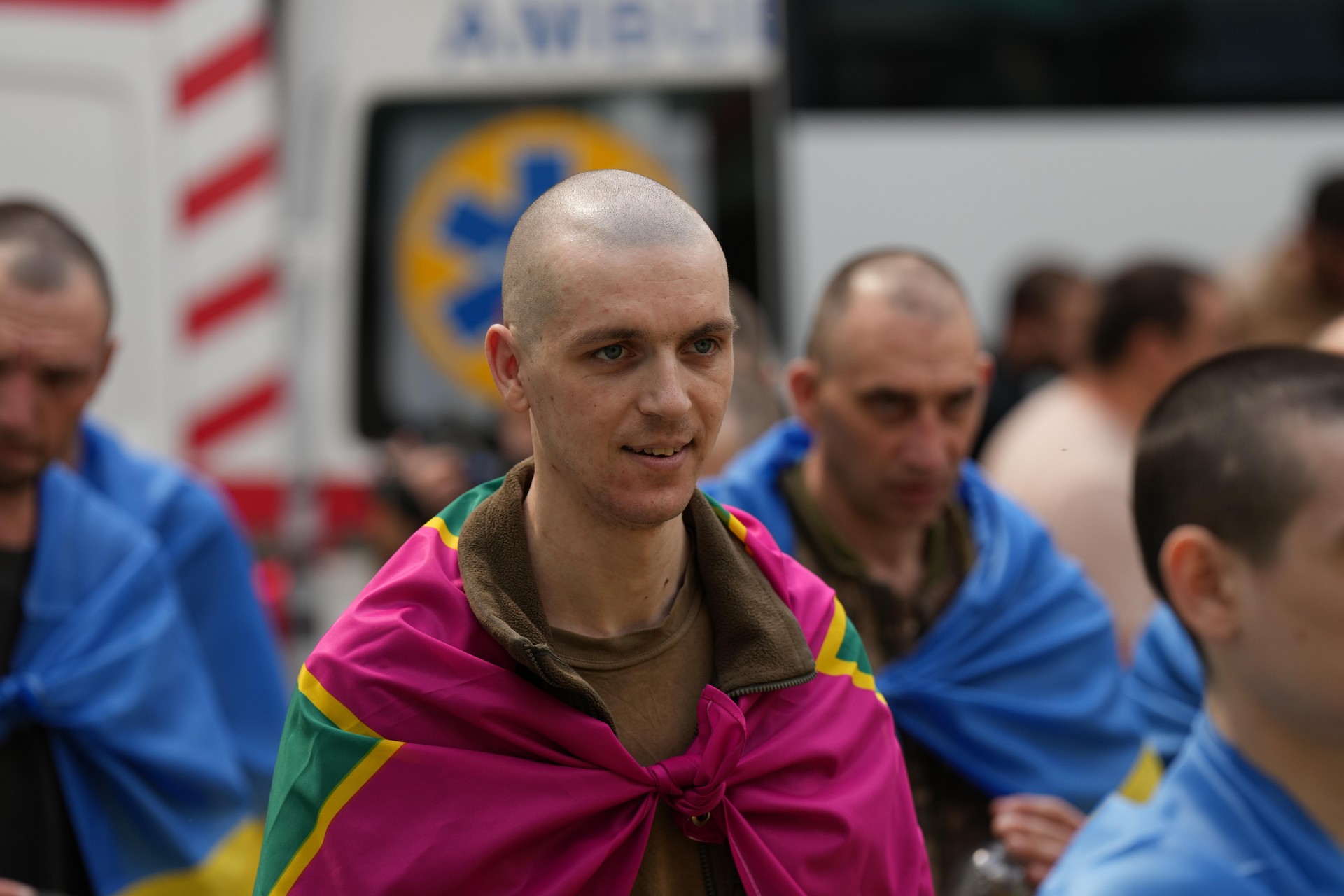
Recently freed from Russian captivity, border guard Dmytro Yeskin shared his experiences of service, defending Mariupol, and enduring 743 days in enemy prisons.
At the start of the full-scale invasion by the russians, the officer was serving in the Donetsk detachment. Captain Yeskin was part of the border guard unit defending the besieged city at the "Azovstal" plant. Dmytro's sector of responsibility was near the bridge over the Kalmius River. The border guard recalls that until May 2022, the intensity of enemy shelling at the plant was overwhelming. "The russians were hitting us with everything they could, and the aviation was bombing continuously. Perhaps they only paused so the pilot could have lunch," he recounts.
Dmytro remembers that when the state leadership found a way out for the soldiers surrounded in Mariupol, all those who were captured hoped to return home in 3-4-6 months. For Captain Yeskin, the path to exchange lasted 743 days.
Initially, the officer was taken to the notorious Olenivka. In a barrack designed for a hundred prisoners, they were holding over 600 people. They slept on the floor and ate boiled porridge. But worse conditions awaited the Ukrainian captives in other places of confinement. They were held in cramped cells. "We were let out for walks only for 5 minutes a day, but when we were asked, we had to say it was for an hour," Dmytro recalls, emphasizing that every interaction with the prison staff posed a threat of torture or psychological pressure. There was no proper hygiene, and in cases of health issues among the prisoners, russian doctors would call in special forces for help.
"After receiving three blows with a rubber truncheon on my back, I realized that he had, in a way, 'cured' me," the former captive says about the peculiarities of russian prison medicine. He recalls that the guards reacted especially harshly to the Ukrainian language, using not only fists but also batons and stun guns, and as an officer, he often faced a double portion of abuse.
Dmytro, like his father, had wanted to become a border guard since childhood. Born in Khmelnytskyi, he frequently moved due to his father's service, changing five schools. He then entered the Mukachevo Military Lyceum, and later the National Academy of the State Border Guard Service. The young man dreamed of guarding the border but had to defend it from invaders. His first close encounter with russian aggression was 10 years ago. In the spring of 2014, Dmytro was part of a motorized maneuver group on the Crimean isthmus. At that time, the 20-year-old second-year cadet of the National Academy of the State Border Guard Service of Ukraine was part of a unit covering the road to Armiansk. Before joining the Donetsk border guard detachment, Dmytro served in various positions in border guard units and detachments participating in the ATO/JFO in Luhansk and Donetsk regions.

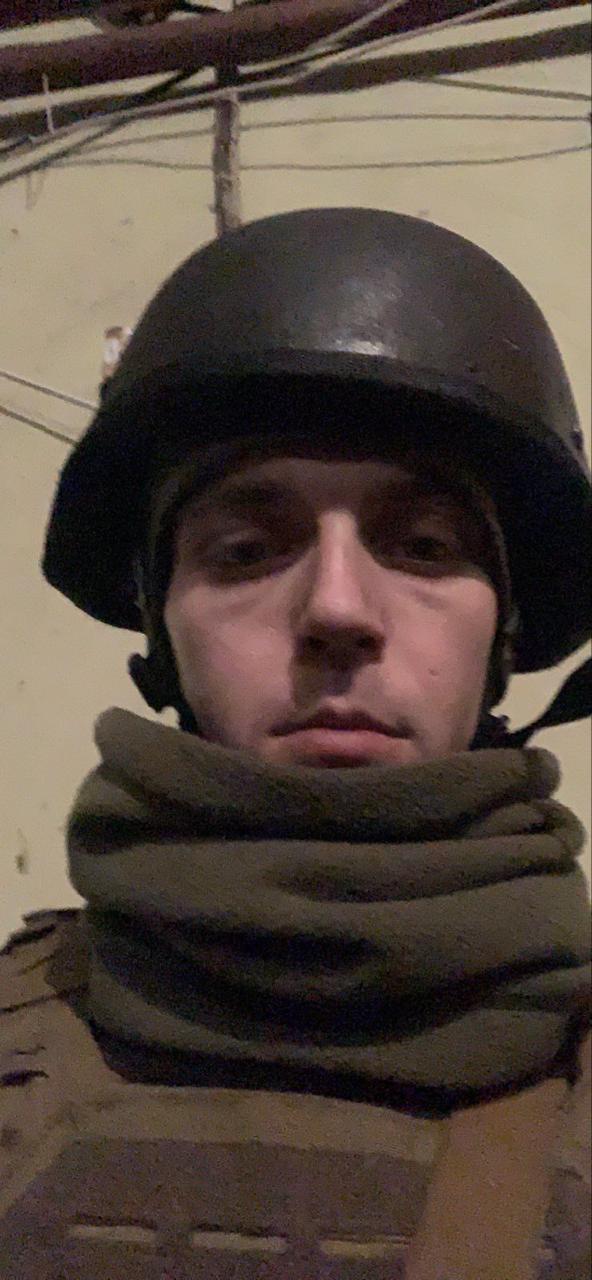
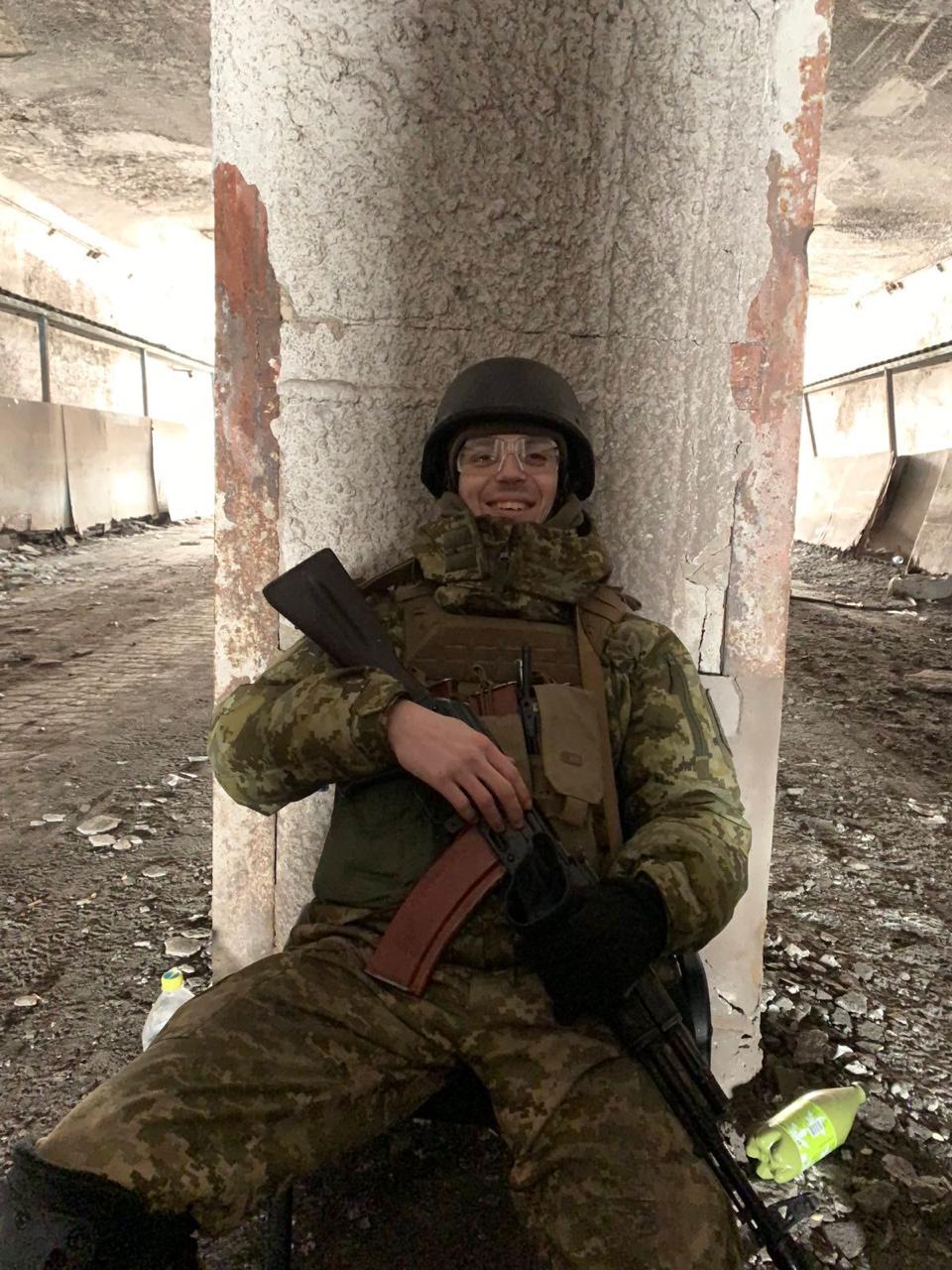

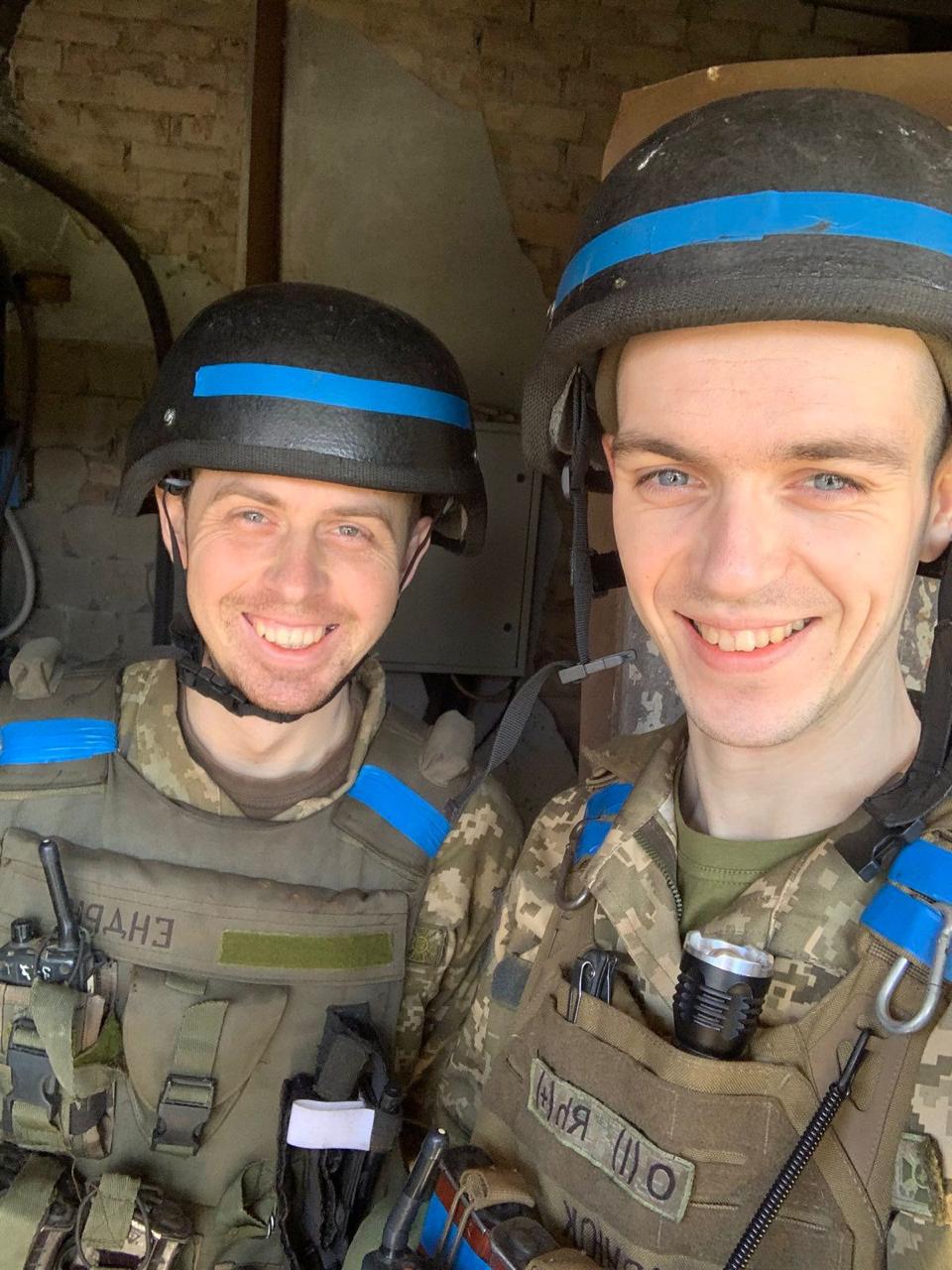
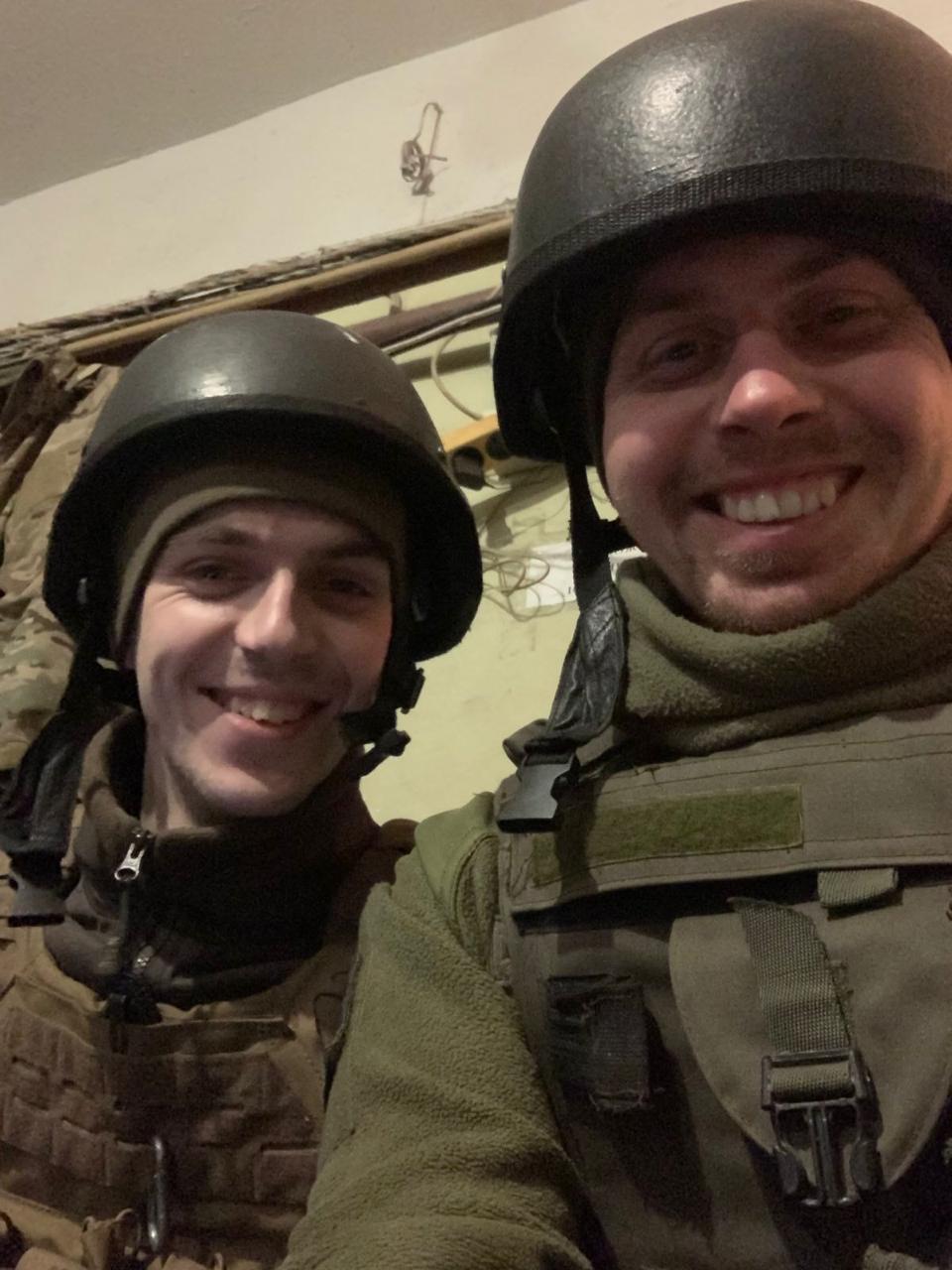
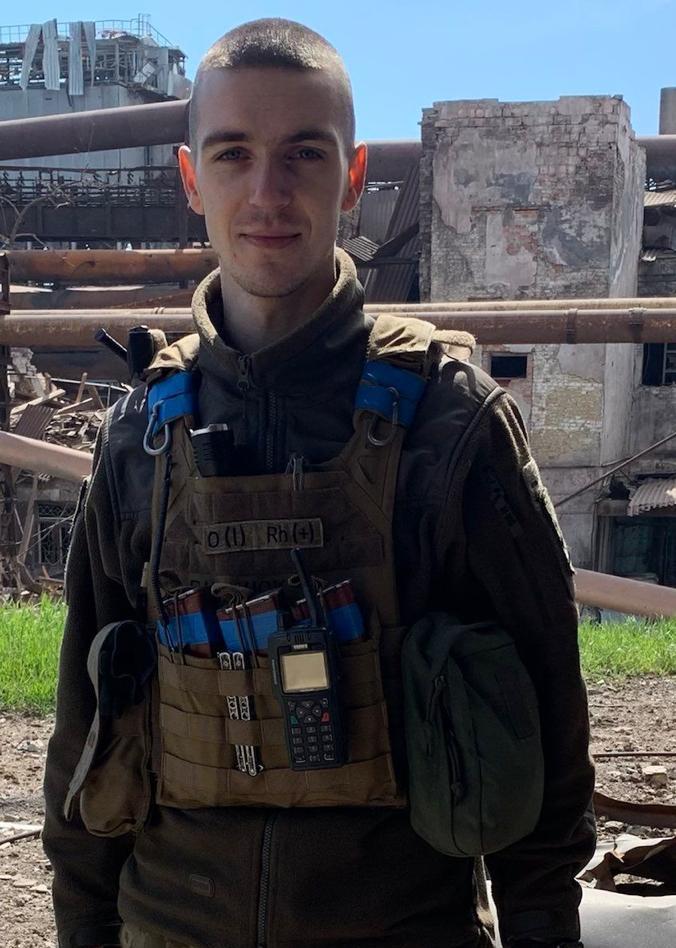
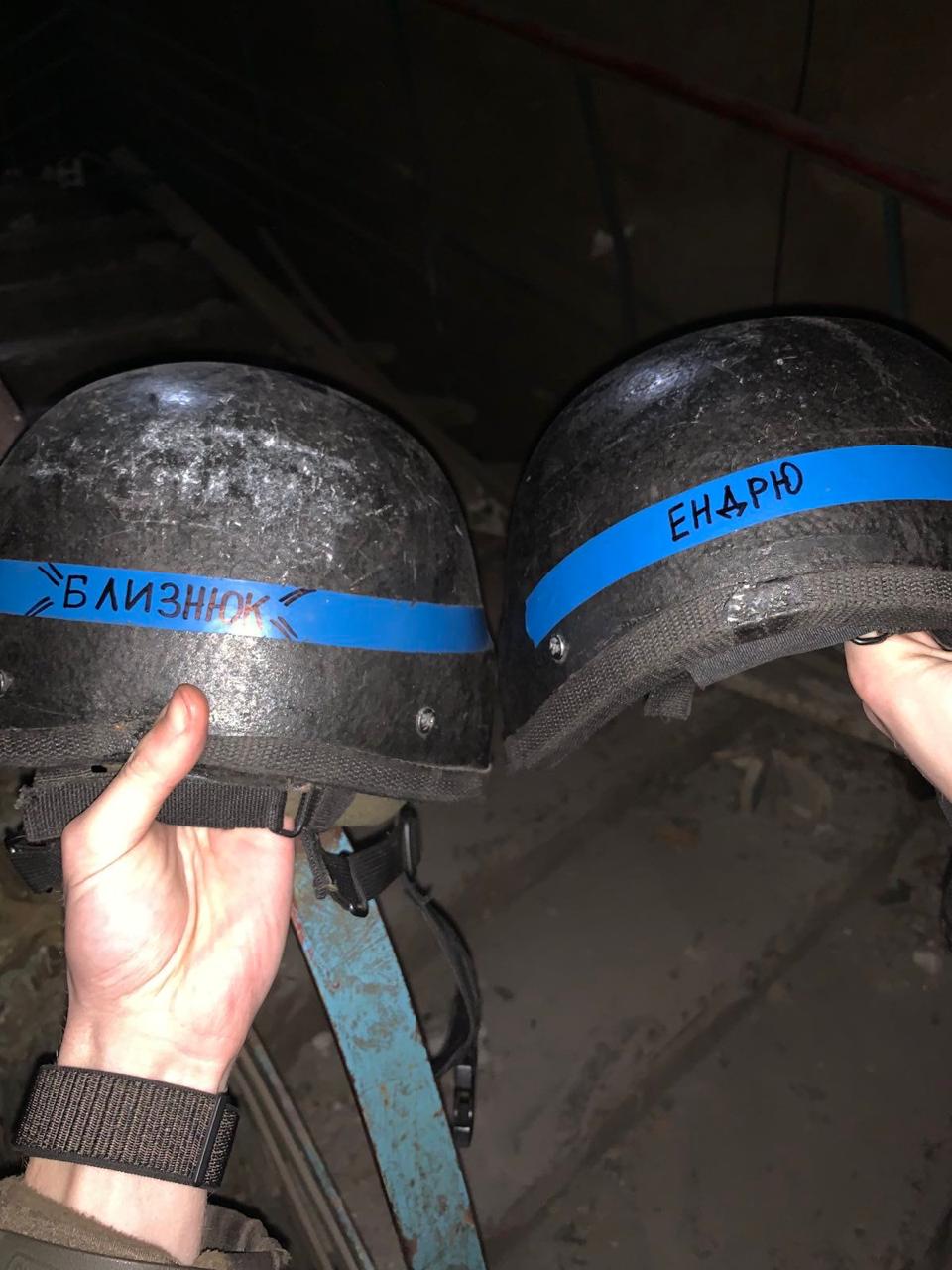
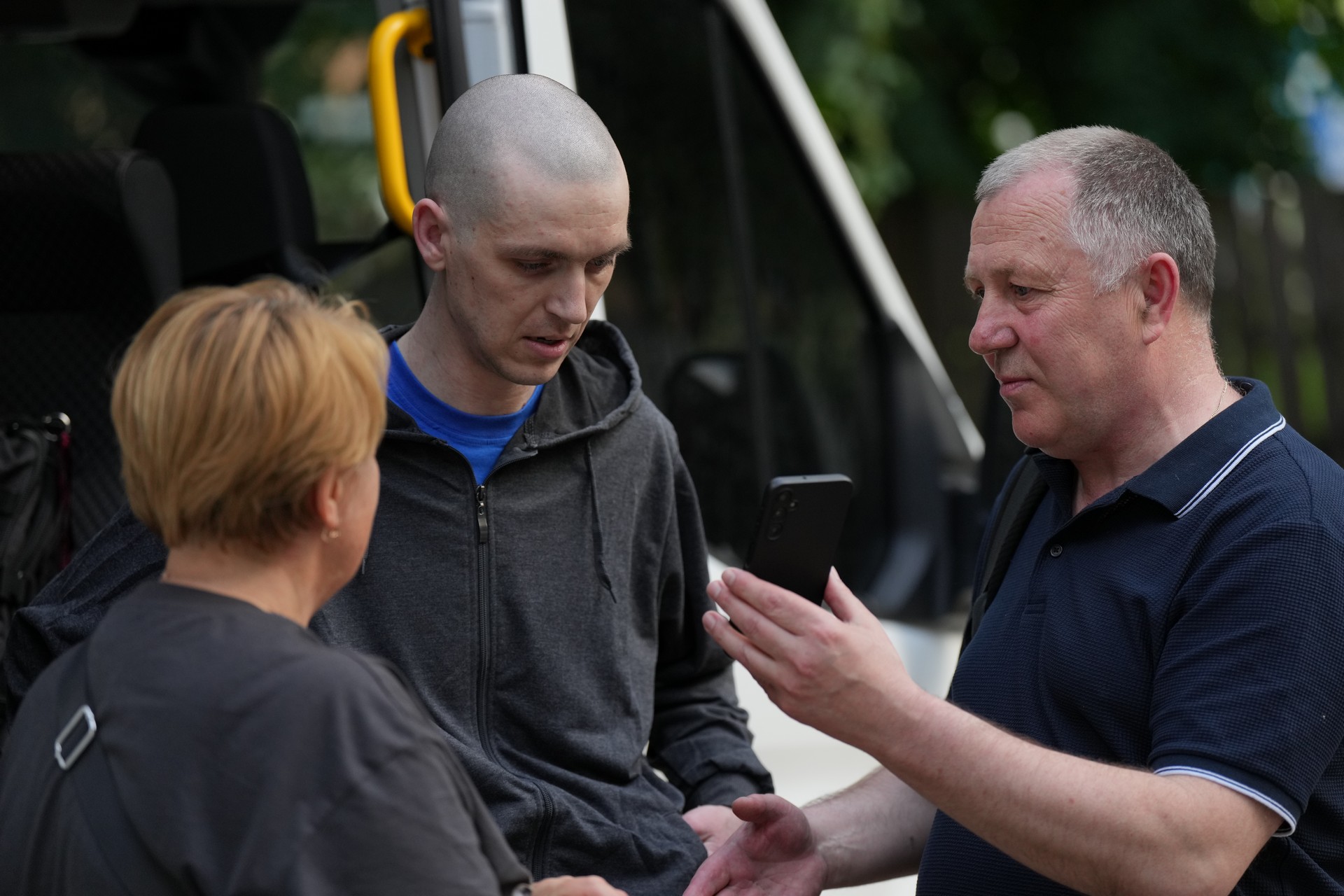
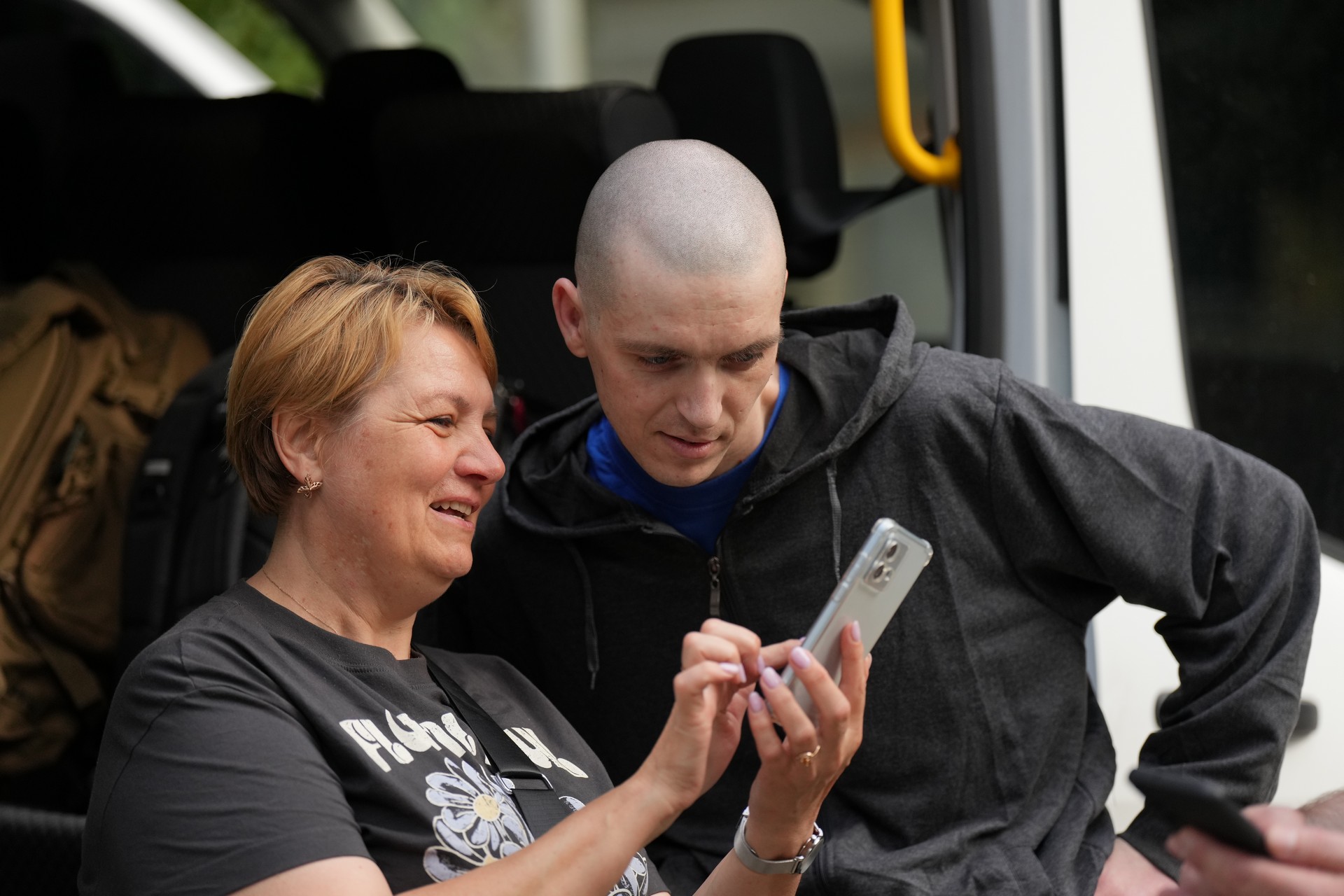

Reviews and comments